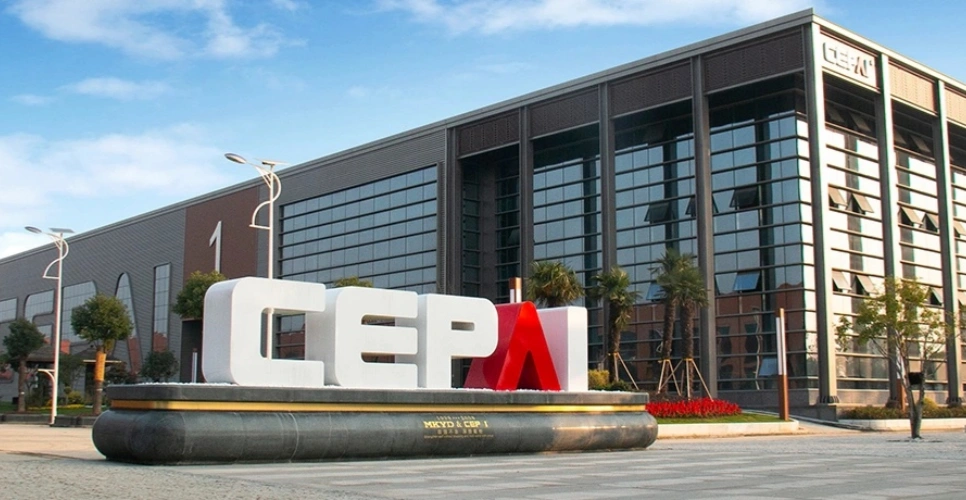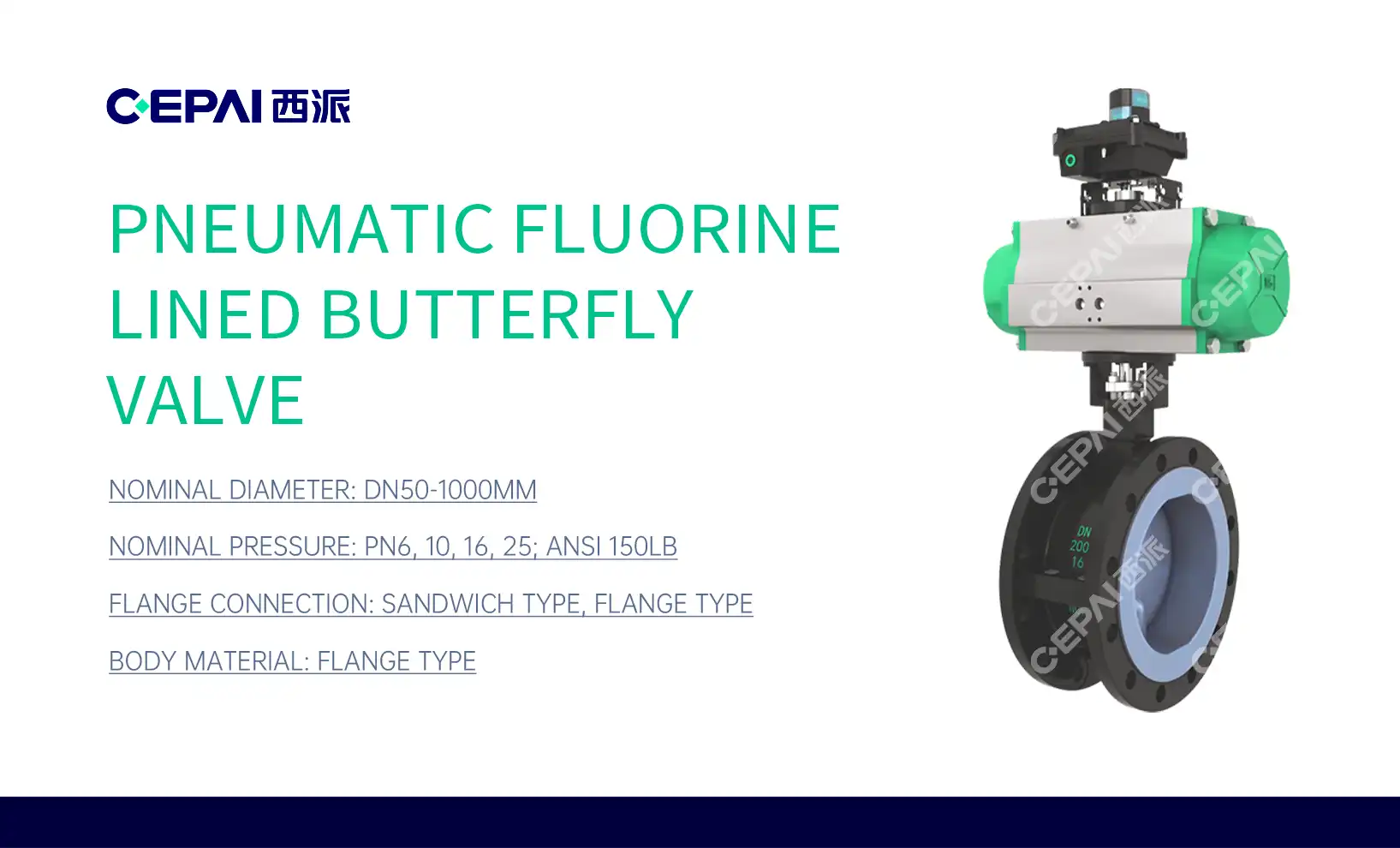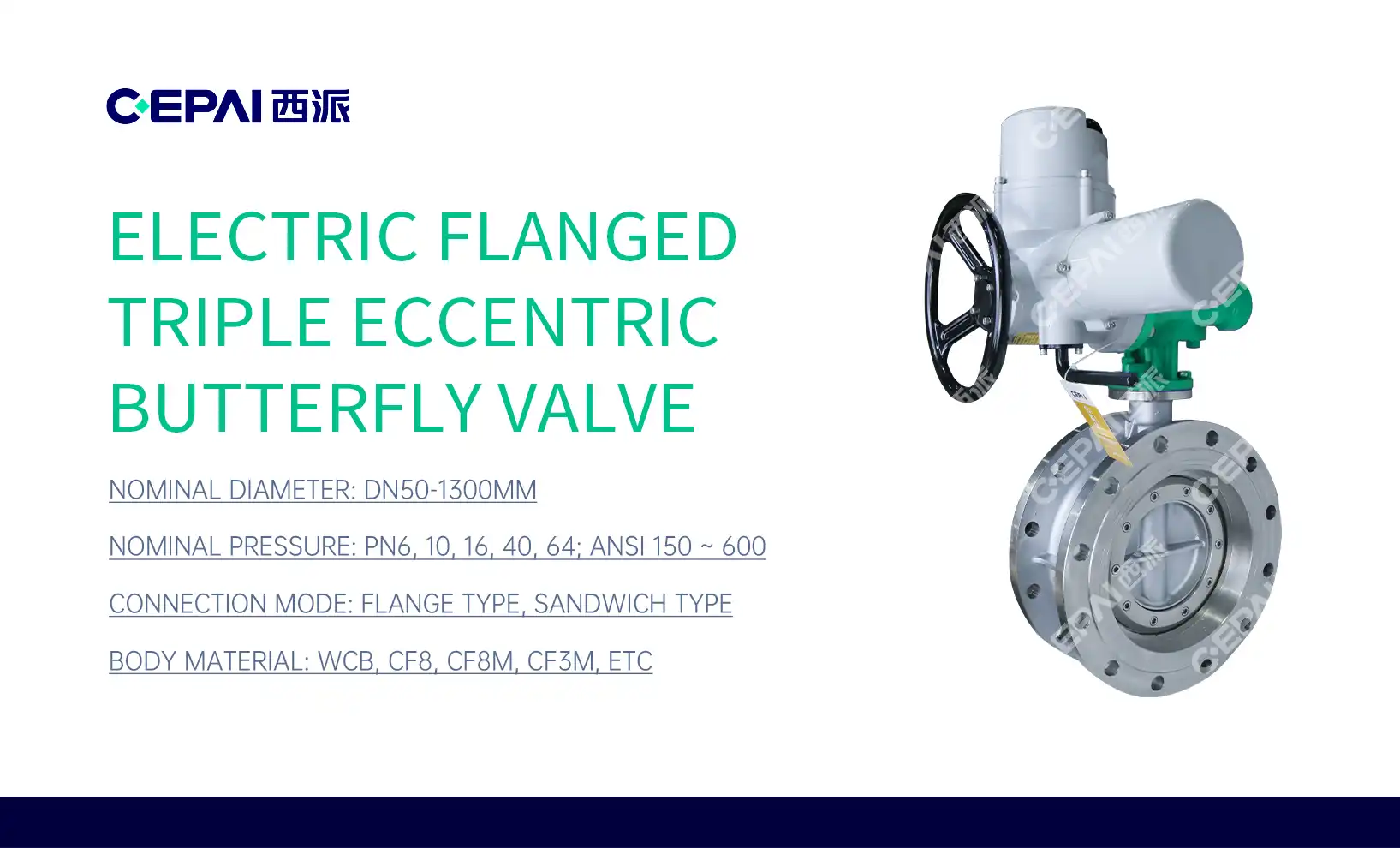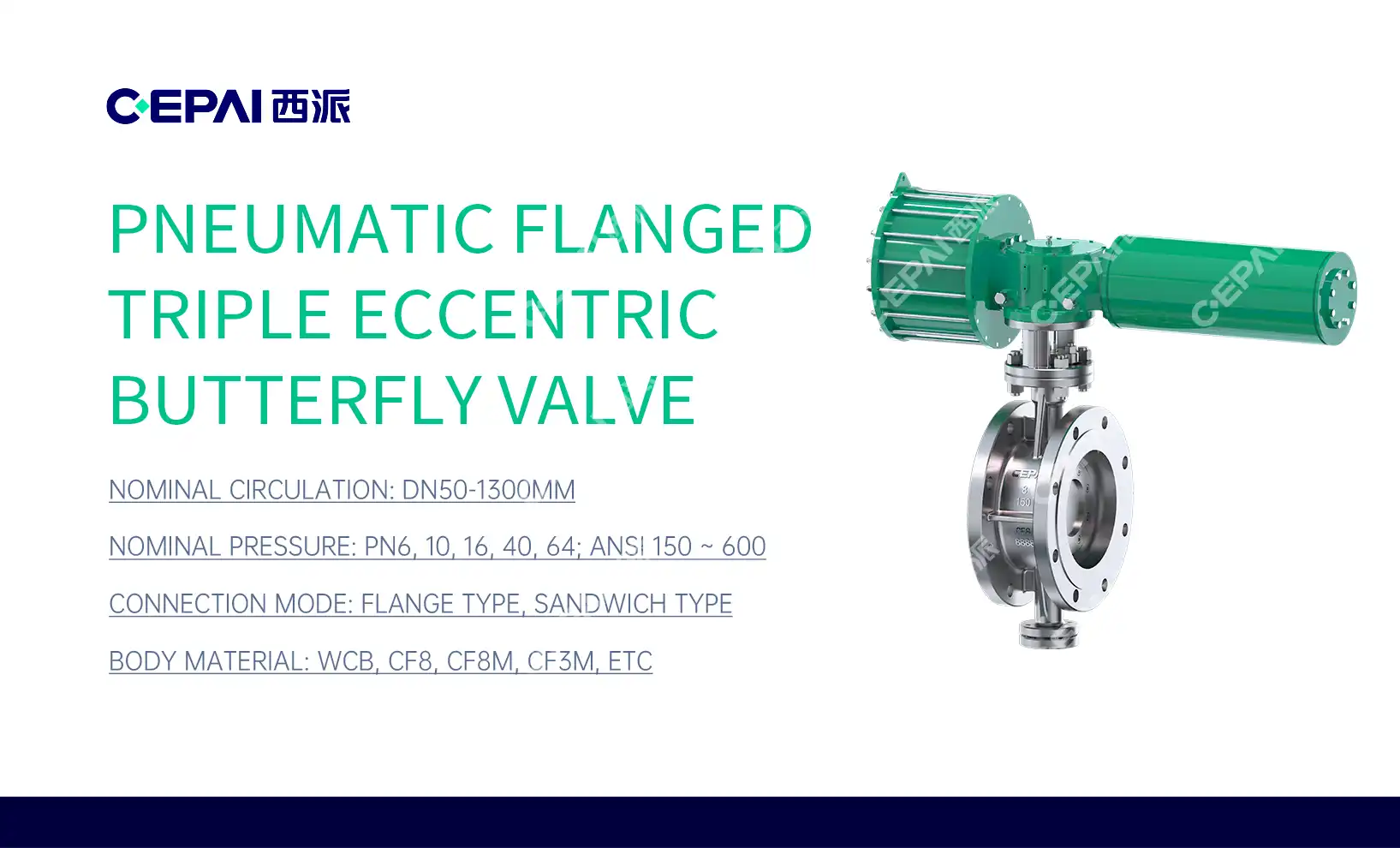Essential Certifications for Industrial Electric Valves
API Certifications: Ensuring Industry Standards
API certifications play a pivotal role in the industrial valve sector, particularly for electric ball valves used in oil and gas applications. API 6D certification specifically addresses pipeline valves, ensuring they meet rigorous design, manufacturing, and testing standards. This certification is crucial for valves operating in high-pressure environments and those handling potentially hazardous materials. API Q1 certification, focusing on quality management systems for manufacturing organizations in the oil and gas industry, is another important standard that valve manufacturers often pursue to demonstrate their commitment to quality and continuous improvement.
ATEX and IECEx: Safety in Explosive Atmospheres
ATEX (Atmosphères Explosibles) certification is mandatory for equipment used in potentially explosive atmospheres within the European Union. For industrial electric valves, including electric ball valves, this certification ensures they can operate safely in environments where flammable gases, vapors, or dust may be present. The international equivalent, IECEx certification, provides similar assurances for global markets outside the EU. These certifications involve rigorous testing of electrical components and enclosures to prevent spark generation or excessive heat that could trigger explosions.
ISO Certifications: Quality and Environmental Management
ISO certifications are vital for demonstrating adherence to international standards in quality and environmental management. ISO 9001 certification verifies that a manufacturer has implemented a robust quality management system, ensuring consistent product quality and customer satisfaction. For electric valve manufacturers, this certification is often a prerequisite for doing business with major industrial clients. ISO 14001 certification, focusing on environmental management systems, is increasingly important as industries strive for sustainability. It demonstrates a company's commitment to minimizing environmental impact throughout the product lifecycle, from manufacturing to disposal.
Performance and Safety Standards for Electric Valves
IEC 60529: Ingress Protection Ratings
IEC 60529 certification, which defines Ingress Protection (IP) ratings, is crucial for electric valves used in harsh industrial environments. These ratings indicate the level of protection provided by electrical enclosures against solid objects and liquids. For instance, an electric ball valve with an IP67 rating is protected against dust ingress and can withstand temporary immersion in water. This certification ensures that the valve's electrical components remain functional and safe even when exposed to challenging environmental conditions, such as in outdoor installations or areas prone to water spray.

NEMA Ratings: Electrical Enclosure Standards
NEMA (National Electrical Manufacturers Association) ratings are particularly important for electric valves used in North American markets. These ratings define standards for electrical enclosures, providing information about their ability to withstand various environmental conditions. For industrial electric valves, common NEMA ratings include NEMA 4 for watertight and dust-tight enclosures, and NEMA 7 for hazardous locations. These certifications ensure that the valve's electrical components are adequately protected against environmental hazards, enhancing safety and reliability in industrial settings.
SIL Certification: Functional Safety Assurance
Safety Integrity Level (SIL) certification is becoming increasingly important for electric valves used in critical safety applications. This certification, based on IEC 61508 and IEC 61511 standards, assesses the reliability of safety-related systems. For electric ball valves and other industrial electric valves, SIL certification indicates the valve's ability to perform its intended safety function consistently. Higher SIL levels (ranging from SIL 1 to SIL 4) indicate greater reliability and are often required in high-risk industries such as chemical processing and power generation.
Regional and Industry-Specific Certifications
CE Marking: European Market Access
CE (Conformité Européenne) marking is essential for electric valves sold in the European Economic Area. This marking indicates compliance with EU health, safety, and environmental protection standards. For industrial electric valves, including electric ball valves, CE marking often involves adherence to several EU directives, such as the Machinery Directive, Low Voltage Directive, and Electromagnetic Compatibility Directive. Manufacturers must conduct a conformity assessment, prepare technical documentation, and issue an EU Declaration of Conformity to apply the CE mark to their products.
UL and CSA Certifications: North American Safety Standards
UL (Underwriters Laboratories) and CSA (Canadian Standards Association) certifications are crucial for electric valves marketed in North America. These certifications ensure compliance with stringent safety standards specific to the region. UL certification, in particular, is widely recognized and often required by industrial customers and regulatory bodies. For electric ball valves and other industrial electric valves, these certifications typically involve testing for electrical safety, fire resistance, and performance under various conditions. Compliance with these standards not only ensures product safety but also facilitates market access in the United States and Canada.
Industry-Specific Approvals: Meeting Specialized Requirements
Depending on the specific industry and application, electric valves may require additional specialized certifications. In the marine industry, for example, approvals from classification societies like DNV GL or Lloyd's Register may be necessary for valves used on ships or offshore platforms. In the food and beverage industry, certifications such as 3-A Sanitary Standards ensure that valves meet hygiene requirements for food processing equipment. For pharmaceutical applications, compliance with FDA regulations and Good Manufacturing Practice (GMP) guidelines is often mandatory. These industry-specific certifications address unique requirements and ensure that electric valves are suitable for use in specialized environments.
Conclusion
The certifications required for industrial electric valves, including electric ball valves, are diverse and crucial for ensuring safety, reliability, and compliance across various industries. From API certifications for oil and gas applications to ATEX for explosive atmospheres, and from ISO standards for quality management to region-specific marks like CE and UL, each certification plays a vital role. These standards not only guarantee product performance and safety but also facilitate global market access and customer trust. As industrial processes become increasingly complex and automated, the importance of properly certified electric valves in maintaining operational integrity and safety cannot be overstated.
FAQs
How often do industrial electric valves need recertification?
Recertification frequency varies depending on the specific certification and industry standards. Generally, major certifications like ISO 9001 require recertification every three years, with annual audits. For safety-critical applications, more frequent inspections may be necessary.
Can an electric ball valve have multiple certifications?
Yes, it's common and often necessary for electric ball valves to have multiple certifications to meet various regional and industry-specific requirements. This ensures compliance across different markets and applications.
How do certifications impact the cost of industrial electric valves?
While certifications can increase initial product costs due to testing and compliance processes, they often result in long-term cost savings through improved reliability, reduced downtime, and broader market access.
Choose CEPAI for Certified Industrial Electric Valves
CEPAI Group Co., Ltd. stands at the forefront of industrial valve manufacturing, boasting state-of-the-art facilities and comprehensive certifications. Our electric ball valves and other industrial electric valves are manufactured in our advanced intelligent production line, ensuring unparalleled precision and quality. With certifications including API, ISO, and CE, CEPAI delivers products that meet global standards. Our commitment to innovation and quality makes us the ideal choice for all your industrial valve needs. Contact us at cepai@cepai.com to explore our certified valve solutions.
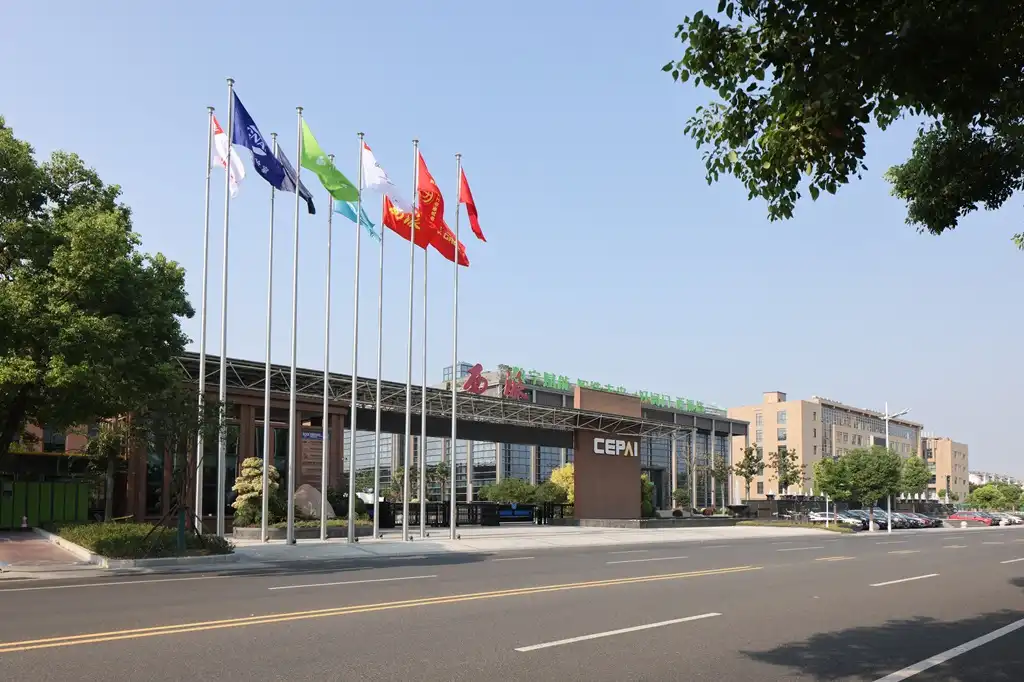
References
American Petroleum Institute. (2021). "API Standard 6D: Specification for Pipeline and Piping Valves."
International Electrotechnical Commission. (2020). "IEC 60529: Degrees of Protection Provided by Enclosures (IP Code)."
International Organization for Standardization. (2015). "ISO 9001:2015 Quality Management Systems - Requirements."
European Committee for Standardization. (2019). "ATEX Directive 2014/34/EU Guidelines."
Underwriters Laboratories. (2022). "UL 429: Standard for Electrically Operated Valves."
International Electrotechnical Commission. (2018). "IEC 61508: Functional Safety of Electrical/Electronic/Programmable Electronic Safety-related Systems."

_1746598531170.webp)
